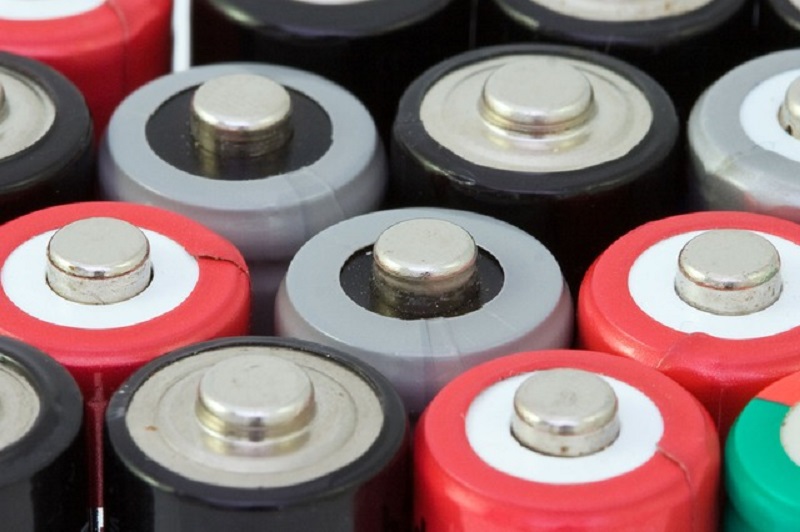From theory to practice, Environmental Sustainability is the goal of BIDI® Cares.
As technological advancements offer society greater convenience and ease, the downside is the potential environmental effects of modernization that may affect future generations.
Improper waste disposal and climate change are starting to show. Amidst the towering buildings and breathtaking innovations, pollution has become a normal occurrence. Seeing murky waters and inhaling unclean air around them are unfortunate side effects of modern life.
Moreover, as the weather becomes even more unpredictable, rising temperatures are slowly melting ice caps and causing droughts.
The future is bleak for the planet if these problems persist. However, a concept that appeared first in 1987 is slowly gaining popularity and could become the answer to the environmental apathy that humanity has shown for decades: Environmental Sustainability.
What is Environmental Sustainability?
According to the University of Maryland, sustainability is “the ability to meet the needs of the current generation without compromising the ability of future generations to meet their needs.” It is an extensive and elaborate concept that encompasses the economy, the ecology, and human life and health.
From a sustainability perspective, resources are to be viewed as limited and finite. Thus, it is crucial to keep in mind a long-term view of how we interact with nature and how we utilize our environment. It proposes that if we continue to abuse our resources for the present without finding ways to replenish or take care of them, the future generations–our children and grandchildren–will bear the harmful consequences.
Environmental sustainability dictates that even though we have to supply our own needs, we also have to ensure that the environment is not compromised and that our resources are replaced or are renewable. Clean air, clean water, and fertile land can be considered vital factors to ensure that the economy and society can flourish. However, these are all dependent on the current actions we take and the choices we make.
Unfortunately, our demands do not support sustainability.
The garbage volume and pollution problem, the rising temperatures, and the growing number of extinct species are not good indicators of a promising future. All these are consequences brought about by human disregard and selfishness driven by personal convenience.
If we want our race to survive, the “living in the present” mindset needs to be replaced for good.
Bidi Vapor: Supporting a Sustainable Mindset
Many companies mass-produce their product to reach a broader market. The waste production arising from the manufacture of these goods or products will have an impact on the environment.
One of the things we can do on a personal level is to support companies that adopt a sustainable mindset. These organizations create products with the environment in mind and ensure that they find ways to reduce waste.
Bidi Vapor is a company that strives for sustainability. Knowing that their vape product, BIDI® Stick is non-biodegradable, the company created the BIDI® Cares Program.
As Bidi Vapor heads toward the future, they join other stakeholders in providing a sustainable future for the coming generations.
For more information, visit www.bidicares.com.


